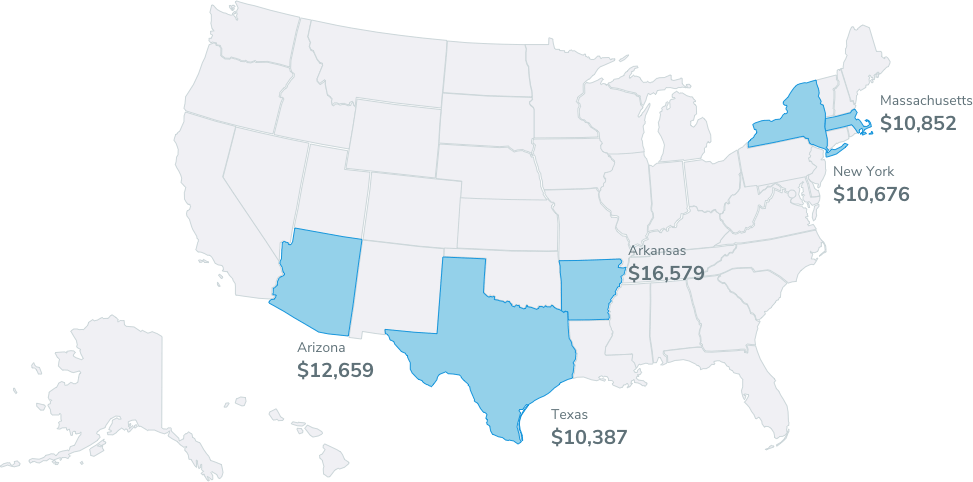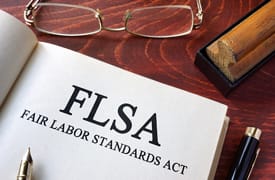FLSA lawsuits occur when a group of employees files a lawsuit against their employer for wage and hour or other FLSA violations, including unpaid overtime and minimum wage violations. These lawsuits are most often considered “collective claims,” but they can sometimes turn into class-action lawsuits, effectively involving all potentially affected employees — past and present. However, less than 2 percent of FLSA violations are taken to court. The majority are resolved long before they can turn into full-fledged lawsuits.
Common FLSA violations include:
» Misclassifying employees
» Overlooking off-the-clock work
» Failing to pay unauthorized overtime
» Not tracking breaks properly
» Keeping inaccurate or incomplete records
» Not compensating interns or volunteers
» Failing to stay up-to-date with regulations
Avoiding common FLSA lawsuits
In 2017, TGI Fridays reached a $19 million settlement after employees claimed shortened wages. The same year, Victoria’s Secret settled for $12 million due to unpaid compensation for “call-in” shifts, and MetLife paid out more than $50 million for unpaid overtime.
In 2016, FedEx famously settled an FLSA lawsuit regarding unpaid overtime for $240 million. Meanwhile, Walmart settled for more than $62 million when their employees claimed they were forced to work through breaks, and GNC settled for $9 million when they were accused of keeping incomplete records of employee hours.
These lawsuits are extreme examples, but not uncommon — and suits just like these are on the rise. Unfortunately, many employers are committing one or more of the seven deadly sins of the FLSA unknowingly. Are you one of them?
Ignorance of the law won’t hold up in court. It’s up to you to take a hard look at your business and business practices to ensure you aren’t unknowingly violating the rules. When in doubt, check with your employment counsel or attorney to ensure your employees are classified correctly, your employee time records are accurate and accessible, and your business is in compliance with state and federal labor laws.
.jpg)







